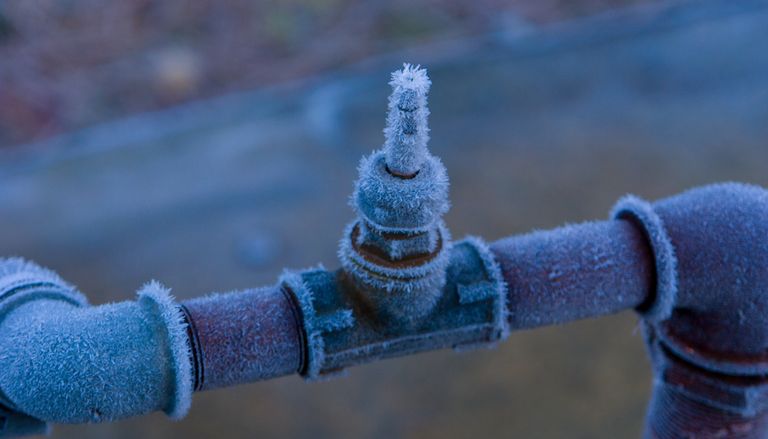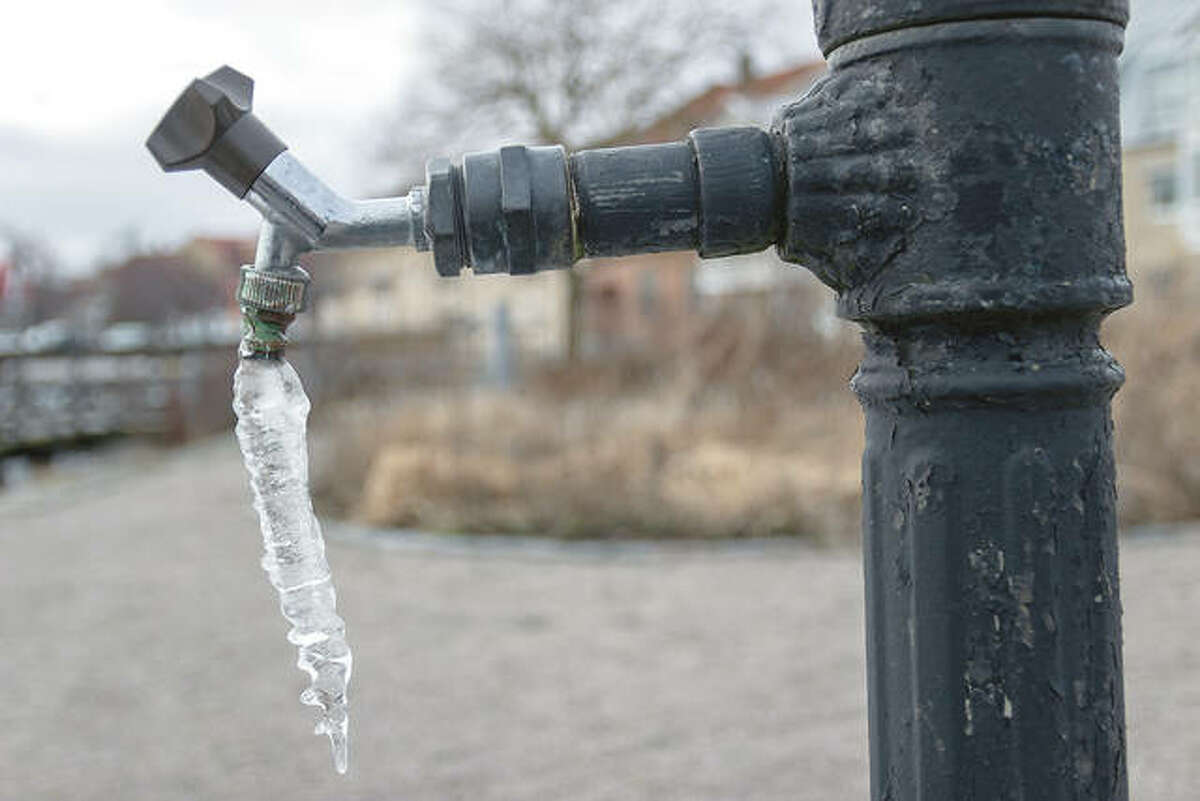Right here in the next paragraphs you can discover a good deal of amazing details in relation to Helpful Tips to Prevent Frozen Pipes this Winter.

Cold weather can ruin your pipes, particularly by freezing pipelines. Here's just how to stop it from happening and what to do if it does.
Intro
As temperature levels decline, the danger of frozen pipes boosts, potentially leading to pricey fixings and water damages. Understanding how to stop frozen pipelines is critical for house owners in cool climates.
Prevention Tips
Protecting vulnerable pipelines
Wrap pipelines in insulation sleeves or use warm tape to protect them from freezing temperature levels. Concentrate on pipelines in unheated or exterior locations of the home.
Home heating techniques
Maintain indoor spaces appropriately heated, particularly locations with pipes. Open cabinet doors to allow warm air to circulate around pipelines under sinks.
Just how to recognize icy pipelines
Look for decreased water flow from taps, uncommon smells or noises from pipes, and visible frost on revealed pipelines.
Long-Term Solutions
Structural adjustments
Consider rerouting pipelines away from exterior wall surfaces or unheated areas. Add extra insulation to attic rooms, cellars, and crawl spaces.
Upgrading insulation
Buy high-quality insulation for pipelines, attics, and walls. Correct insulation assists preserve constant temperatures and decreases the threat of icy pipelines.
Shielding Exterior Pipes
Garden hoses and exterior taps
Detach and drain yard pipes before winter. Mount frost-proof spigots or cover outdoor faucets with insulated caps.
Understanding Icy Pipes
What creates pipelines to ice up?
Pipelines freeze when exposed to temperature levels below 32 ° F (0 ° C) for expanded periods. As water inside the pipelines freezes, it expands, taxing the pipeline walls and potentially creating them to rupture.
Threats and damages
Frozen pipes can result in supply of water disruptions, home damage, and expensive repairs. Burst pipes can flood homes and cause substantial structural damage.
Indicators of Frozen Pipes
Recognizing icy pipelines early can prevent them from breaking.
What to Do If Your Pipelines Freeze
Immediate actions to take
If you presume icy pipes, maintain faucets open to soothe stress as the ice melts. Utilize a hairdryer or towels soaked in warm water to thaw pipelines slowly.
Verdict
Protecting against frozen pipelines requires aggressive procedures and fast actions. By comprehending the reasons, indicators, and preventive measures, property owners can secure their pipes during cold weather.
Helpful Tips to Prevent Frozen Pipes this Winter
UNDERSTANDING THE BASICS: WHY PIPES FREEZE AND WHY IT’S A PROBLEM
Water freezing inside pipes is common during the winter months, but understanding why pipes freeze, and the potential problems it can cause is crucial in preventing such incidents. This section will delve into the basics of why pipes freeze and the associated problems that may arise.
THE SCIENCE BEHIND FROZEN PIPES
When water reaches freezing temperatures, it undergoes a physical transformation and solidifies into ice. This expansion of water as it freezes is the primary reason pipes can burst. As the water inside the pipe freezes, it expands, creating immense pressure on the walls. If the pressure becomes too great, the pipe can crack or rupture, leading to leaks and water damage.
FACTORS THAT CONTRIBUTE TO PIPE FREEZING
Low Temperatures: Extremely cold weather, especially below freezing, increases the risk of pipes freezing. Uninsulated or Poorly Insulated Pipes: Pipes located in unheated areas, such as basements, crawl spaces, or attics, are more prone to freezing. Insufficient insulation or lack of insulation altogether exacerbates the problem. Exterior Wall Exposure: Pipes running along exterior walls are susceptible to freezing as they encounter colder temperatures outside. Lack of Heating or Temperature Regulation: Inadequate heating or inconsistent temperature control in your home can contribute to frozen pipes. PROBLEMS CAUSED BY FROZEN PIPES
- Pipe Bursting: As mentioned earlier, the expansion of water as it freezes can cause pipes to burst, resulting in significant water damage.
- Water Damage: When pipes burst, it can lead to flooding and water damage to your property, including walls, ceilings, flooring, and personal belongings.
- Structural Damage: Prolonged exposure to water from burst pipes can compromise the structural integrity of your home, leading to costly repairs.
- Mold and Mildew Growth: Excess moisture from water damage can create a favorable environment for mold and mildew growth, posing health risks to occupants.
- Disrupted Water Supply: Frozen pipes can also result in a complete or partial loss of water supply until the issue is resolved.
WHY CERTAIN PIPES ARE MORE PRONE TO FREEZING
- Location: Pipes located in unheated or poorly insulated areas, such as basements, crawl spaces, attics, or exterior walls, are at higher risk of freezing.
- Exterior Pipes: Outdoor pipes, such as those used for irrigation or exposed plumbing, are particularly vulnerable to freezing as they are directly exposed to the elements.
- Supply Lines: Pipes that carry water from the main water supply into your home, including the main water line, are critical to protect as freezing in these lines can affect your entire plumbing system.
- Underground Pipes: Pipes buried underground, such as those connected to sprinkler systems or outdoor faucets, can be susceptible to freezing if not properly insulated.
https://busybusy.com/blog/helpful-tips-to-prevent-frozen-pipes-this-winter/

As a reader on Preventing and dealing with frozen pipes, I assumed sharing that excerpt was sensible. Don't hesitate to pause to promote this post if you enjoyed it. We cherish reading our article about Preventing and dealing with frozen pipes.
Call Us Today